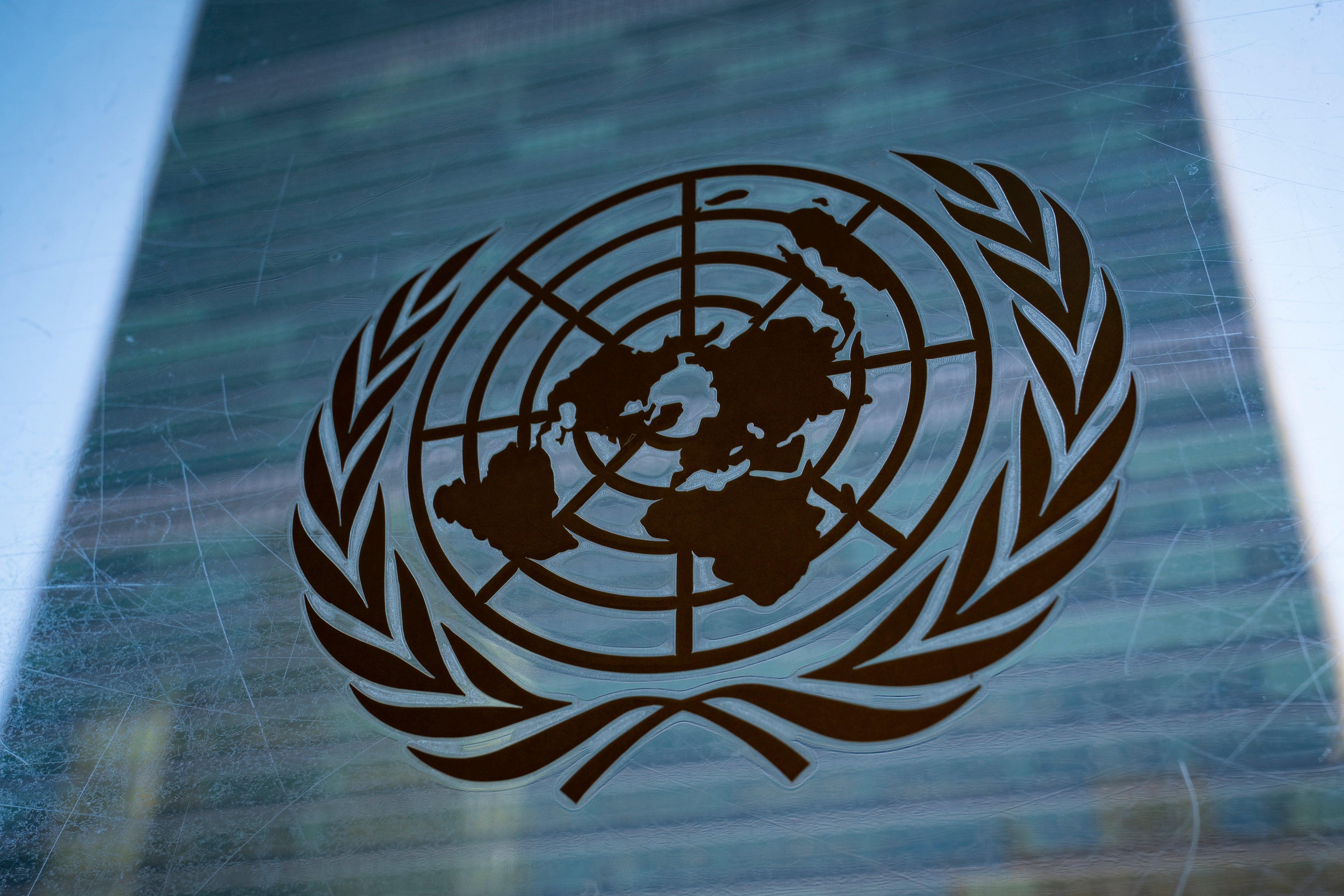UN extends arms embargo on South Sudan despite appeals from African Union, Russia and China
The divided U.N. Security Council has voted to extend an arms embargo on South Sudan despite appeals from the world’s newest nation, the African Union and half a dozen countries including Russia and China to lift or at least ease the restrictive measure

The divided U.N. Security Council voted Thursday to extend an arms embargo on South Sudan despite appeals from the world’s newest nation, the African Union and half a dozen countries including Russia and China to lift or at least ease the restrictive measure.
The U.S.-sponsored resolution got the minimum nine “yes” votes in the 15-member council, with six countries abstaining – Russia, China, Mozambique, Algeria, Sierra Leone and Guyana.
The resolution also extends travel bans and asset freezes on South Sudanese on the U.N. sanctions blacklist until May 31, 2025.
U.S. deputy ambassador Robert Wood welcomed the resolution’s adoption saying extending the U.N. arms embargo “remains necessary to stem the unfettered flow of weapons into a region awash with guns.”
But Russia’s deputy U.N. ambassador Anna Evstigneeva accused the United States of ignoring all the positive achievements in South Sudan and focusing on sanctions “which they present as a sort of panacea for all of the country’s problems.”
She called the sanctions “burdensome,” noted calls for their lifting from South Sudan and the African Union, and said: “It is clear that at this stage, many of the Council sanctions regimes including South Sudan’s are outdated and need to be reviewed.”
South Sudan’s U.N. ambassador Cecilia Adeng told the council that sanctions “impede our progress” and reiterated the country’s call for the measures to be lifted. Eliminating the arms embargo “will enable us to build robust security institutions necessary for maintaining peace and protecting our citizens,” she said.
There were high hopes when oil-rich South Sudan gained independence from Sudan in 2011 after a long conflict. But the country slid into a civil war in December 2013 largely based on ethnic divisions when forces loyal to the current president, Salva Kiir, battled those loyal to the current vice president, Riek Machar.
The war, which left nearly 400,000 people dead and more than 4 million displaced, ended with the 2018 peace agreement, bringing Kiir and Machar together in a government of national unity.
Under the agreement, elections were supposed to be held in February 2023, but they were postponed until December 2024. In early April, South Sudan’s president warned lawmakers “not to cling to power just weeks after Machar proposed a further postponement of elections.
A report two weeks ago by experts monitoring sanctions against South Sudan said the elections would be “a significant milestone” and warned that the country’s leaders are running short of time “to ensure divergent expectations do not fuel further tensions and strife.”
South Sudan’s Adeng told the council her country is committed to ensuring the upcoming elections are conducted peacefully, “with full participation of all stakeholders.”
"South Sudan remains dedicated to working with the international community and our regional partners to achieve a peaceful and prosperous future for all South Sudanese," she said. “We appeal to the Security Council to support our efforts by adopting measures that facilitate rather than hinder our progress.”
Bookmark popover
Removed from bookmarks